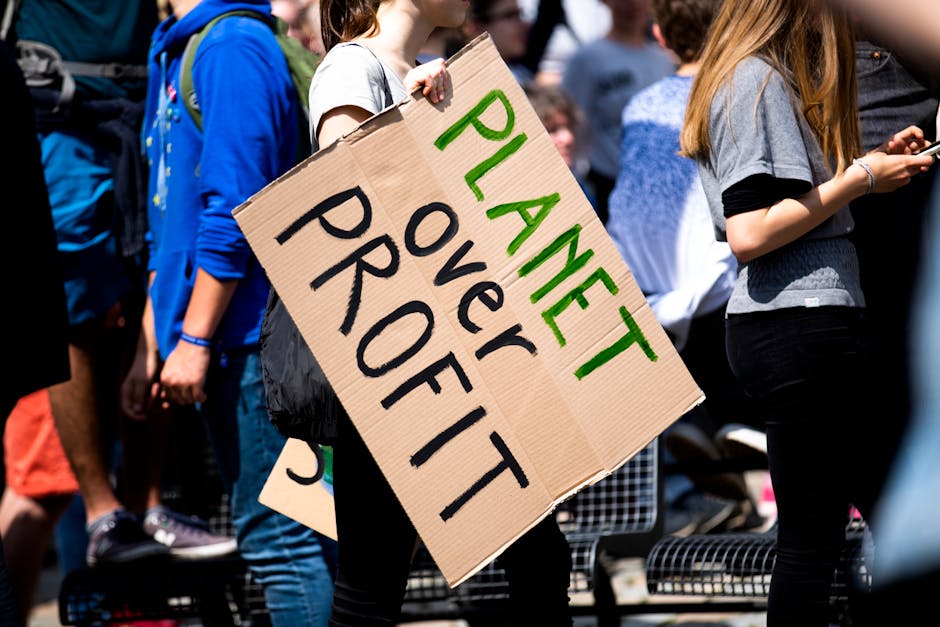Global warming is one of the most pressing issues facing humanity today. It refers to the gradual increase in the Earth's average temperature due to the accumulation of greenhouse gases in the atmosphere. These gases, primarily carbon dioxide, methane, and nitrous oxide, trap heat from the sun, leading to a rise in global temperatures.
**Causes of Global Warming**
Human activities are the primary cause of global warming. The burning of fossil fuels, such as coal, oil, and natural gas, releases large amounts of carbon dioxide into the atmosphere. Deforestation, the clearing of forests, also contributes to global warming by reducing the Earth's capacity to absorb carbon dioxide.
**Consequences of Global Warming**
The consequences of global warming are severe and far-reaching. It leads to rising sea levels, which threaten coastal communities and infrastructure. Extreme weather events, such as hurricanes, floods, and droughts, are becoming more frequent and intense. Changes in rainfall patterns affect agriculture, water availability, and ecosystems.
**Impacts on Human Health**
Global warming also poses significant threats to human health. Heat waves can cause heat-related illnesses, respiratory problems, and even death. Air pollution, exacerbated by global warming, can lead to respiratory and cardiovascular diseases. Climate change also increases the risk of foodborne illnesses and the spread of infectious diseases.
**Mitigation and Adaptation**
Addressing global warming requires a concerted effort on multiple fronts. Mitigation measures aim to reduce greenhouse gas emissions. These include transitioning to renewable energy sources, improving energy efficiency, and implementing carbon capture and storage technologies. Adaptation measures focus on preparing for and coping with the effects of climate change, such as building seawalls to protect against rising sea levels and developing drought-resistant crops.
**Individual Actions**
While large-scale actions are necessary, individuals can also play a role in combating global warming. Reducing our carbon footprint by making lifestyle changes, such as using public transportation, cycling, or walking instead of driving, can make a difference. Conserving energy in our homes and workplaces, and adopting sustainable practices in food production and consumption, are other ways to contribute.
**Policy and International Cooperation**
Government policies and international cooperation are crucial for addressing global warming effectively. Governments must set ambitious targets for reducing greenhouse gas emissions and implement policies that encourage the transition to a low-carbon economy. International agreements, such as the Paris Agreement, provide a framework for global cooperation on climate change mitigation and adaptation.
**Conclusion**
Global warming is a serious threat to our planet and future generations. It is imperative that we act now to mitigate its causes and adapt to its consequences. By working together at individual, national, and international levels, we can create a more sustainable and resilient world for all.

